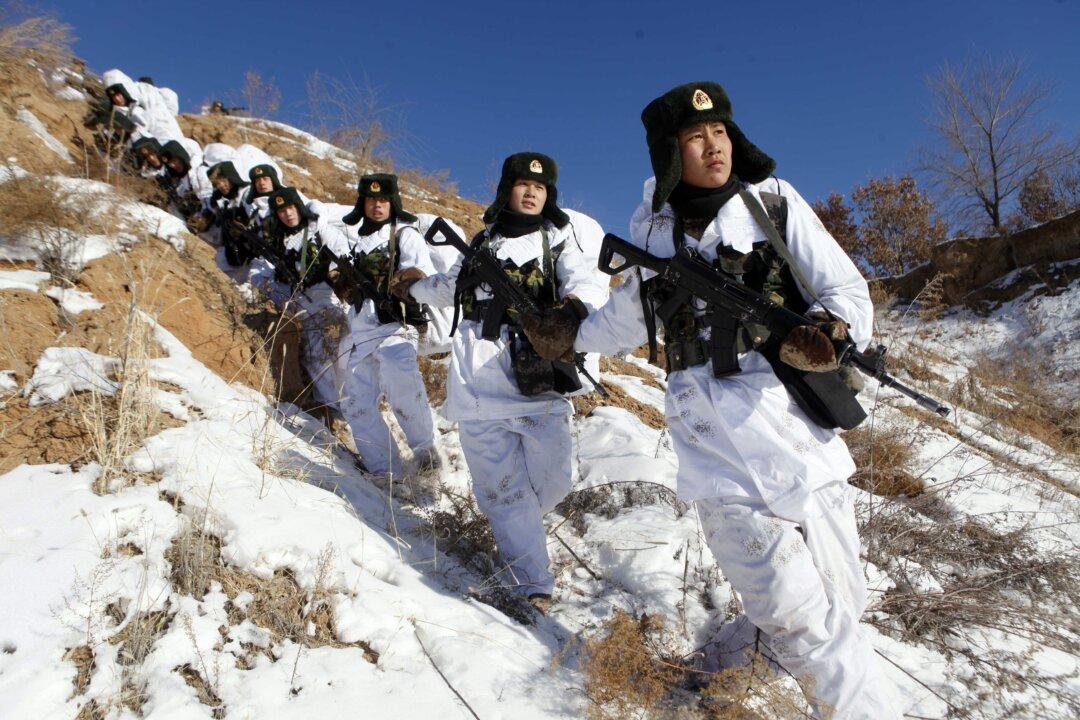News Analysis
Information about Canada’s winter survival military training with China has been in the public sphere for some years but only drew heightened attention after recent media coverage.

Information about Canada’s winter survival military training with China has been in the public sphere for some years but only drew heightened attention after recent media coverage.